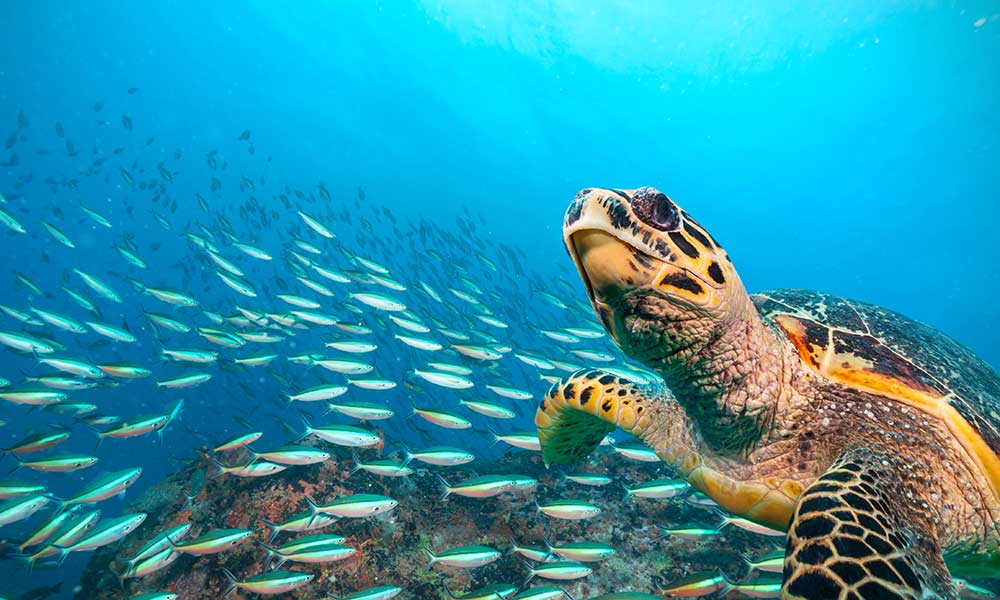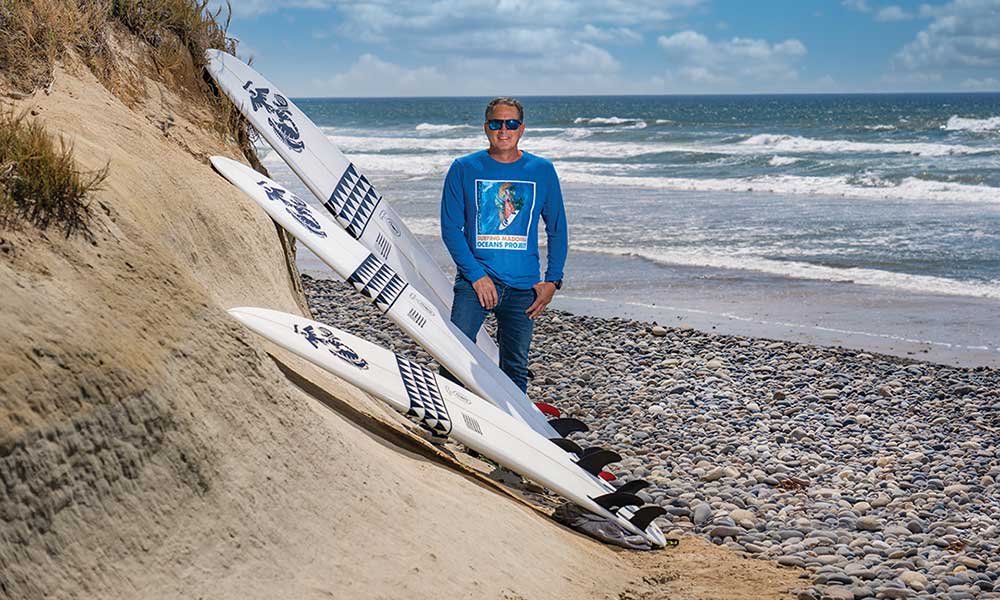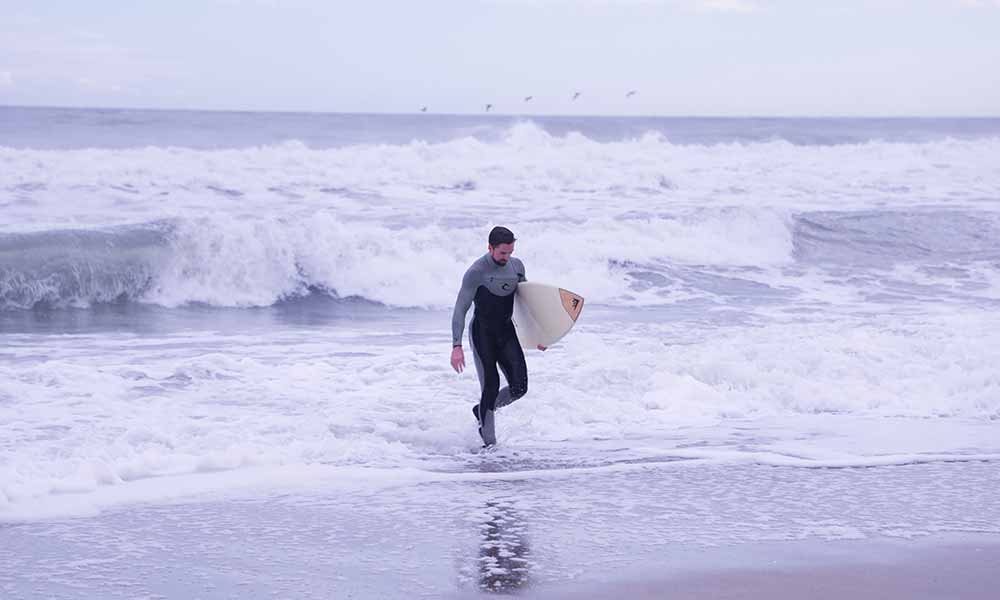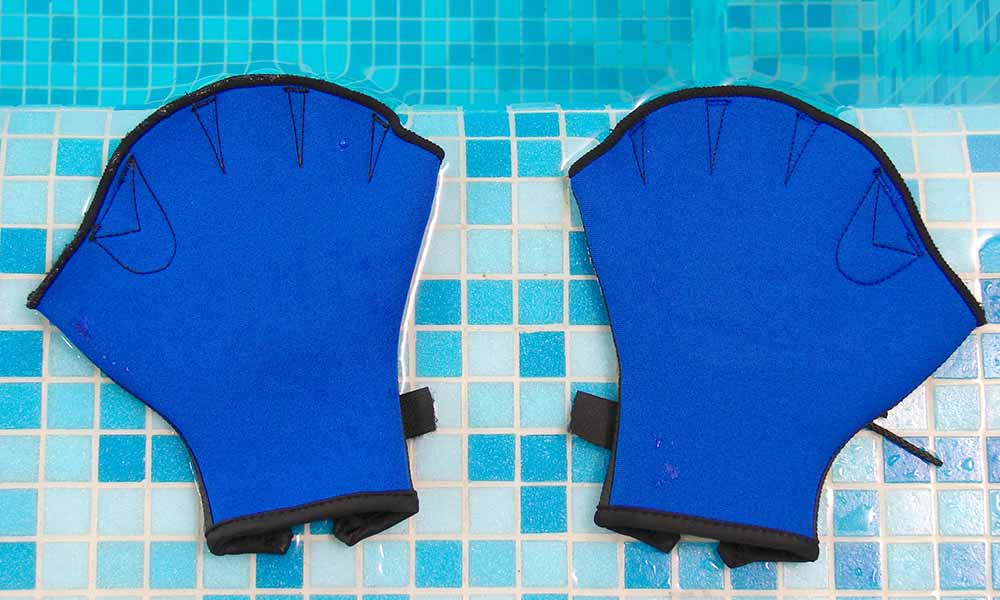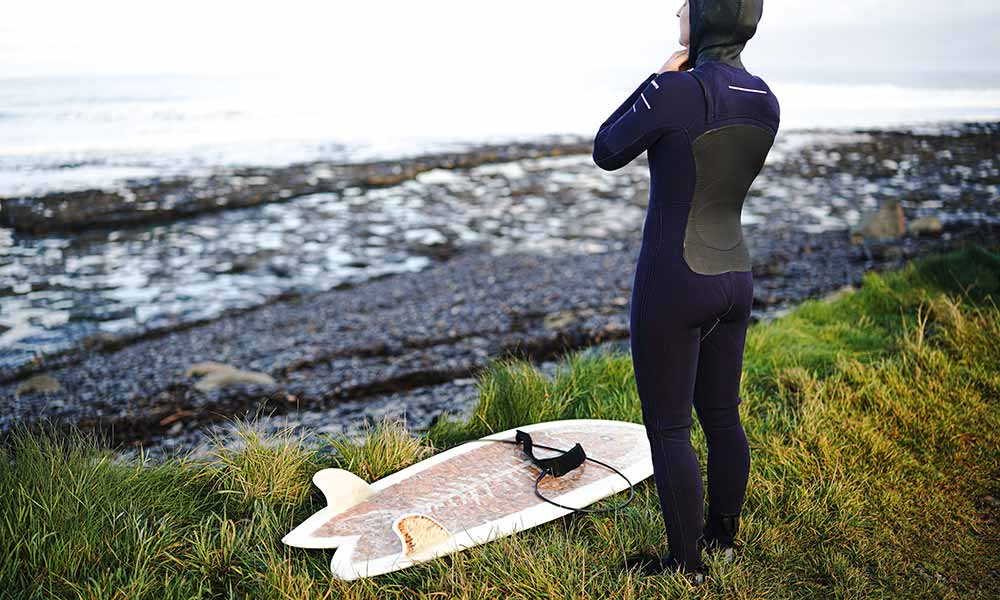What is a thalassophile? Are you a thalassophile? If you have a passion and lover for the sea or ocean, whether as a surfer, swimmer, or sailor, then you might be a thalassophile.
Stated simply, a thalassophile is someone who loves the ocean, the sea and other big bodies of water.
Characteristics of a thalassophile include someone who gets a kick out of those long, hot beach days, as well as someone who doesn’t feel at home until they’re in or near the sea. Let’s dive deeper into the explanation of a thalassophile.
Thalassophile Meaning & Definition
Humans are naturally drawn to water. The biggest civilizations have been built alongside rivers and the sea. It’s a food source and it facilitates trade and travel. To some people, however, the open ocean is more than a necessity; it’s a passion.
How to Pronounce “Thalassophile”
The word thalassophile is actually very easy to pronounce.
The initial part of the word is pronounced as “tha” as in “thanks”, followed by “lass-oh” and “file”.
The full pronunciation looks something like this: Tha-lass-oh-file
You could also just pronounce the beginning as “fa”. As long as there are no Greeks around, you should get away with it.
Thalassophilia Word Origin
The etymology of the word “thalassophile” comes from the Greek words thalassa (θάλασσα) and “philia” (φιλιά) meaning “sea” and “love/affection/fondness” respectively.
Thalassophilia, therefore, describes someone who has a fondness for the sea.
The word “philia” or “phile” exists in many other English words and phrases. Not only is it used to describe similar obsessions, such as Grecophile (from “Greece” and “Fondness”), but it’s also where we get the word “Philadelphia”. In this case, “άδελφος” or “adelphos” means “brother”, which is why Philadelphia is known as “the city of brotherly love”.
It’s worth noting that the ancient Greeks, just like their modern counterparts, had several words for what we call “love”, and so it doesn’t quite mean the same thing.
Eros (έρως) was used to refer to love of a sexual nature while agape (άγαπη) is more of a broad plutonic love. “Philia”, as used in thalassophile and similar words, is more of a deep fondness and passion; a love without sexual connotations.
Are You A Thalassophile? A Quick Quiz
If the following sound true, then you might be a thalassophile:
- You Feel at Your Happiest By the Ocean: Whether you’re going for a swim or a surf; whether you’re bathing on the beach in the summer sun or tackling ice-cold winter waves, the sea is where you feel at home.
- You Feel Trapped in Land: Do you dread going to land-locked countries? Do you make sure that you only book vacations to coastal regions? Do you prefer Hawaii, Rhodes, and Bali to London and Paris? If so, you might be a thalassophile.
- You Enjoy Everything About it: No one likes getting sand stuck in places they can’t reach and feeling the cold-sting of seawater, but if you’re a thalassophile, even the bad things stir good memories and so you’re more likely to embrace them. You’re addicted to the ocean, and you love it for better or worse!
- You Can Spend Hours Staring at the Sun: You can’t get enough of that sunset or the gentle rocking of the waves. You are happy just to sit, stare, and breathe deeply as you spend the night doing nothing.
- You Feel Depressed or Anxious Away from the Sea: If you feel low when you can’t get to the coast or suffer from anxiety when it’s been a while since you’ve been on a boat, beach, or surfboard, it could indicate a deep passion.
If you found yourself identifying with one or more of the above statements there is a good chance that your are a thalassophile.
The Opposite of a Thalassophile
If you’re a thalassophile, then you might be shocked to discover that there are a lot of people who not only hate the sea, but are scared by it. Known as thalassophobia (from the same “sea” route, but with the addition of the word “phobia” from the Greek word for “fear”), it’s often triggered by bad childhood memories and experiences.
So, while your passion for the ocean may stem from a childhood playing merrily in the sea and soaking-up the summer sun on a beach, someone with thalassophobia may be affected by drownings, shark sightings, or even movies like Jaws.
It’s a surprisingly common and debilitating phobia that greatly affects the sufferer’s quality of life, making them anxious whenever they are near the sea and leaving them with an intense fear if they ever need to go on a boat.
So, although similar, the words thalassophile and thalassophobia have a completely different definition!
Thalassophilia: Sand, Sea, and Salt Water
Everyone from the ancient Greeks (who gave us the word) to modern surfers can be classed as thalassophiles. There is no concrete definition and defining yourself as a thalassophile likely won’t make a difference to your life. But it’s definitely a word worth knowing, and it’s comforting to know that there are other people out there who love the ocean waves as much as you do.

